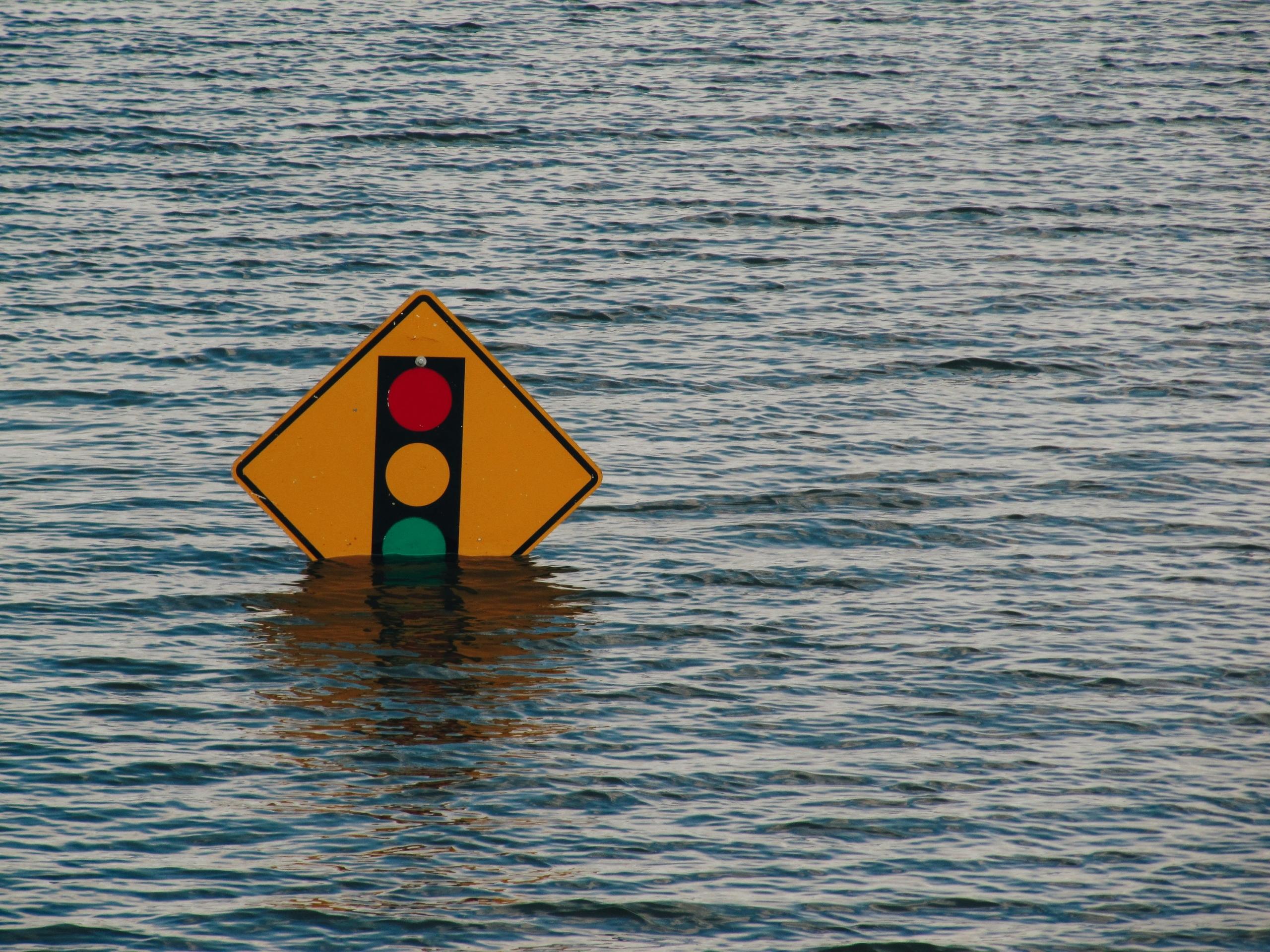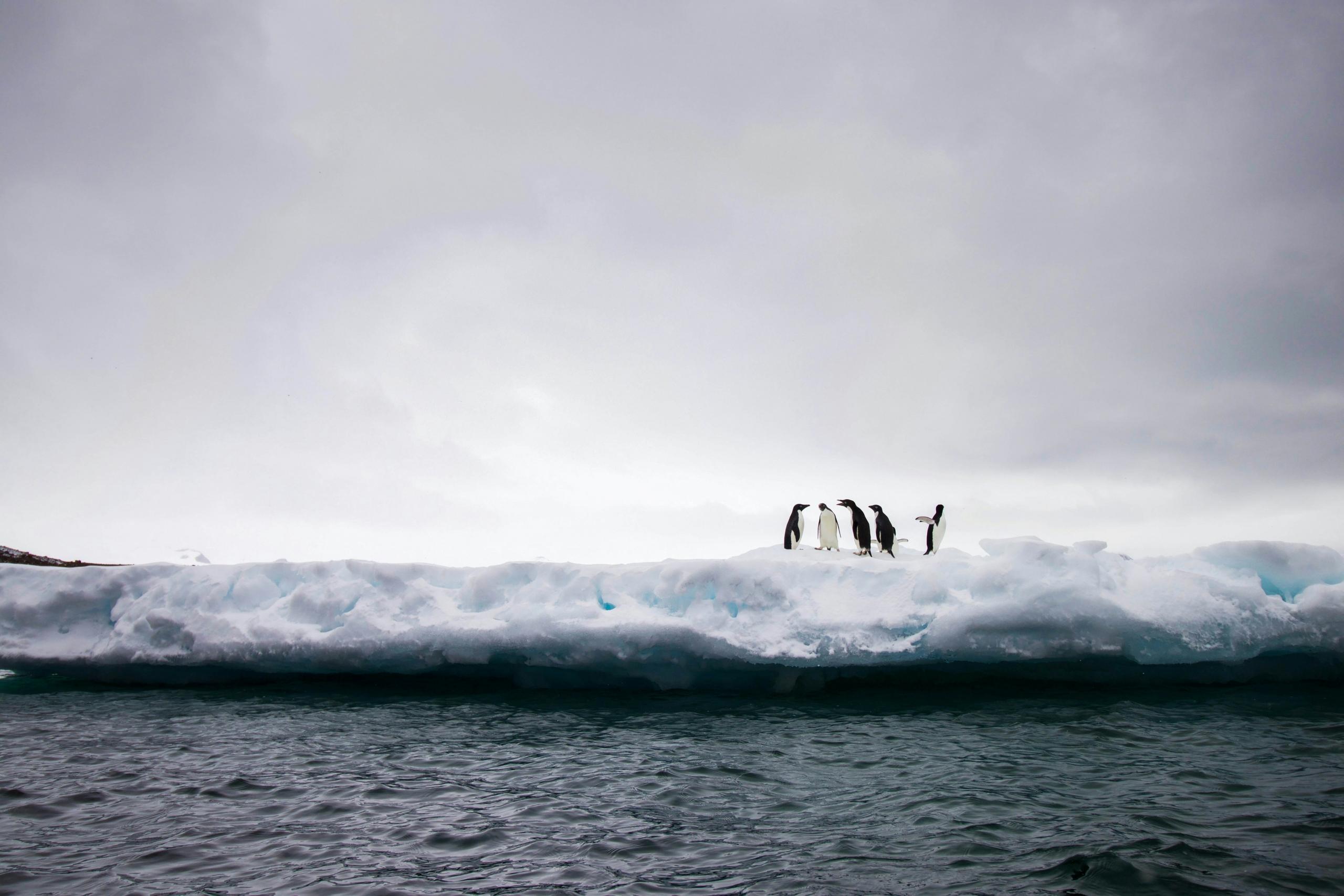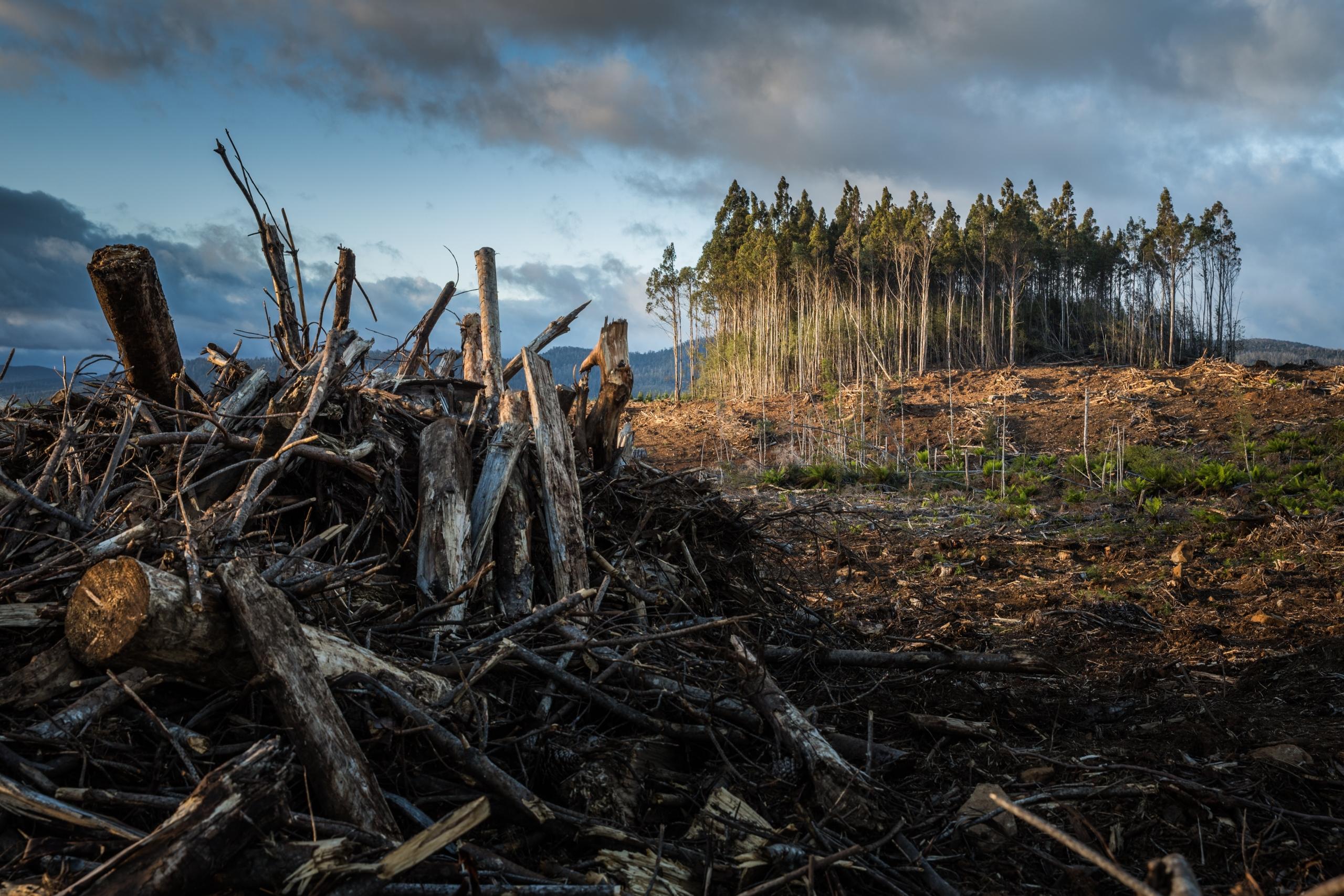Welcome, curious minds, to a journey that will illuminate the realm of our changing world. Today, we embark on the exploration of climate change and global warming, a topic that echoes in the hearts of scientists, environmentalists, and concerned citizens worldwide.
First, let us unravel the essence of global warming. Picture our planet as a greenhouse, with its blanket of pollution trapping heat and causing temperatures to rise steadily. This surge in temperature is commonly known as global warming, where Earth's delicate balance is disrupted by human activities like burning fossil fuels and deforestation.
But global warming is merely a piece of the vast puzzle known as climate change. Think of it as the unravelling of nature's tapestry, as patterns of weather become increasingly erratic, leading to intense storms, prolonged droughts, and rising sea levels. Our actions have set the stage, and thus, we must strive to understand the causes and consequences of this complex phenomenon.
Throughout this enlightening expedition, we shall traverse the realms of history, learn from personal anecdotes, and embrace the passion that drives us towards a greener, more sustainable future. Together, let us delve into the depths of climate change and global warming, empowering ourselves with knowledge to safeguard our precious planet.

Understanding Climate Change and Global Warming
Climate change refers to long-term alterations in weather patterns, including temperature, precipitation, wind patterns, and more. Global warming, on the other hand, is a specific aspect of climate change that focuses on the increase in the Earth's average temperature due to various factors. While climate change encompasses a broader range of changes, global warming hones in on the rise in temperature specifically.
Defining Global Warming
Global warming is commonly defined as the gradual rise in the average temperature of the Earth over an extended period. This phenomenon is primarily attributed to the accumulation of greenhouse gases in the atmosphere. These gases, including carbon dioxide and methane, act as a barrier, trapping heat from the sun and preventing it from escaping back into space.
Consequently, this leads to a warming effect on the planet. The repercussions of global warming are extensive and have profound consequences for both the natural environment and human societies.
The Causes of Global Warming
Numerous elements play a role in the phenomenon of global warming, with human activities acting as the primary catalysts. The combustion of fossil fuels, the clearing of forests, industrial procedures, and agricultural methods all result in the emission of substantial quantities of greenhouse gases into the atmosphere. These gases accumulate and create a sort of shield around the planet, capturing heat and causing a rise in temperatures. While natural factors like volcanic eruptions and fluctuations in solar radiation also contribute to global warming, their impact is comparatively less significant.
The Consequences of Global Warming
Global warming poses grave consequences for our planet. The escalating temperatures cause the polar ice caps and glaciers to melt, resulting in a rise in sea levels. Consequently, coastal cities and low-lying regions face the imminent danger of flooding and displacement.
Furthermore, we witness an alarming increase in the frequency and intensity of extreme weather phenomena such as hurricanes, droughts, and heatwaves.
These events pose a significant threat to human lives, agriculture, and infrastructure alike. The repercussions of global warming do not stop there; they extend to disrupting ecosystems, leading to the extinction of species and a loss of biodiversity. The delicate balance of nature is at stake due to this colossal issue. It is imperative that we take immediate action to mitigate the effects of global warming and safeguard the future of our planet.
By adopting sustainable practices and investing in renewable energy sources, we can work towards preserving our environment for generations to come. Let us unite in this crucial mission to combat global warming and protect our beautiful planet.

Global Warming Statistics and Evidence
Scientific research provides compelling evidence of global warming. Temperature records from around the world reveal a consistent increase in average temperatures over the past century. The Intergovernmental Panel on Climate Change (IPCC) reports that the global average surface temperature has risen by approximately 1.1 degrees Celsius since the pre-industrial era. The melting of ice sheets in Greenland and Antarctica, as well as the shrinking of glaciers worldwide, further confirm the reality of global warming.

The Role of Human Activities in Global Warming
Human activities, particularly the burning of fossil fuels, are the primary contributors to global warming. The combustion of coal, oil, and natural gas releases carbon dioxide, a greenhouse gas, into the atmosphere. Deforestation, another human-driven activity, reduces the Earth's capacity to absorb carbon dioxide, exacerbating the greenhouse effect.
While natural factors play a role, the overwhelming evidence points to human actions as the leading cause of global warming.
Solutions and Actions to Mitigate Global Warming
To mitigate global warming, we must adopt sustainable practices and take proactive measures to reduce greenhouse gas emissions.
One of the most effective solutions to combat global warming is to transition towards renewable energy sources. The burning of fossil fuels such as coal and oil is a major contributor to greenhouse gas emissions. By investing in and promoting renewable energy technologies like solar power, wind power, and hydropower, we can significantly reduce our reliance on fossil fuels and decrease carbon dioxide emissions. Governments, businesses, and individuals all have a role to play in supporting the development and implementation of clean energy solutions.
Another important action to mitigate global warming is to promote energy efficiency in all sectors. This includes improving the insulation of buildings, using energy-efficient appliances and vehicles, and adopting smart technologies that optimize energy consumption. Energy efficiency not only reduces greenhouse gas emissions but also helps save money on energy bills. By making small changes in our daily lives, such as turning off lights when not in use or carpooling instead of driving alone, we can collectively make a significant difference in reducing carbon footprints.
Additionally, protecting and restoring forests plays a crucial role in mitigating global warming. Forests act as carbon sinks by absorbing carbon dioxide from the atmosphere through photosynthesis. Deforestation, on the other hand, releases large amounts of carbon dioxide into the atmosphere. Therefore, efforts should be made to halt deforestation and implement reforestation projects. Governments should enforce strict regulations against illegal logging, while individuals can support organisations that work towards forest conservation.
International agreements, like the Paris Agreement, aim to unite countries in their commitment to reducing greenhouse gas emissions.

The Impact of Global Warming on Ecosystems and Biodiversity
Ecosystems are delicate networks of plants, animals, and microorganisms that depend on each other for survival. Global warming disrupts these intricate connections by altering habitats and upsetting the balance of nature. As temperatures rise, some species are unable to adapt and face extinction. Coral reefs, for example, are highly sensitive to even slight increases in temperature. The warming ocean waters cause coral bleaching, leading to the death of these vibrant ecosystems.
Biodiversity, the variety of life on Earth, is also under threat due to global warming. As habitats change and become inhospitable for certain species, they are forced to migrate or perish. This disrupts the delicate web of life and leads to a loss of biodiversity. The impacts are far-reaching, affecting not only individual species but also entire ecosystems and the services they provide, such as pollination and nutrient cycling.
The consequences of global warming on ecosystems and biodiversity are dire. It is not just about losing iconic species like polar bears or tigers; it is about losing the intricate web of life that sustains us all. If we do not take immediate action to mitigate climate change and reduce greenhouse gas emissions, we will witness the continued destruction of our ecosystems and the loss of countless species. The clock is ticking, and it is up to us to make a difference before it's too late.
Taking Action Against Global Warming
In conclusion, global warming is a defining issue of our time, with far-reaching consequences for our planet and future generations. Understanding the concepts of climate change and global warming is crucial in addressing this pressing problem. By recognising the causes and consequences of global warming, as well as the role of human activities, we can take action to mitigate its effects.
Tackling global warming requires a collective effort from individuals, communities, businesses, and governments. By transitioning towards renewable energy sources, promoting energy efficiency, and protecting forests, we can take significant steps towards mitigating global warming and preserving our planet for future generations. It is crucial that we act now to ensure a sustainable and healthy future for all.
Summarise with AI:















